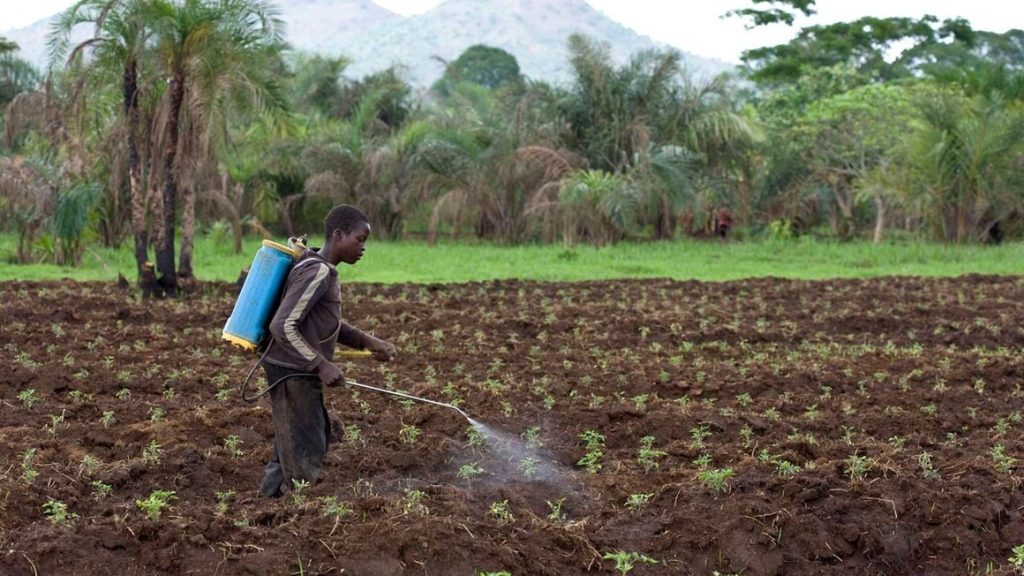Pesticide residues in fruits and vegetables have become the top food safety concern among consumers in East Africa, driven by the heavy reliance on chemical pesticides in farming, according to a recent study by CABI.
Countries like Kenya and Uganda, where agriculture plays a major role, have increasingly used synthetic pesticides to combat pests in the tropical climate. However, improper or excessive use of these chemicals has led to contamination in produce, raising fears about potential health risks.
The CABI study, which surveyed consumers in Kenya, Uganda, Ghana, Bangladesh, and Pakistan, revealed that worries about pesticide residue significantly influence consumer choices, leading to reduced demand. The findings, published in Global Food Security on September 11, indicate that concerns about pesticides far outweigh those related to microbial contamination or food additives.
Urban consumers, in particular, are becoming more cautious, opting to purchase fruits and vegetables from specialized stores rather than street vendors to avoid exposure to harmful chemicals.
Lead author of the study, Dr. Justice Tambo, a senior socio-economist at CABI, emphasized the importance of fruits and vegetables in a healthy diet but noted the growing anxiety surrounding their safety due to pesticide use.
Several factors are contributing to this concern, including the widespread application of synthetic pesticides and the limited adoption of non-chemical pest control methods. Weak enforcement of pesticide regulations has also allowed unsafe levels of pesticide residues to enter the food chain, impacting both local consumption and export markets.
In Kenya, for example, 77 percent of fruit and vegetable farmers depend on chemical pesticides, with nearly half spraying their crops weekly. This heavy reliance on chemicals has heightened health concerns among consumers.
The study found that, on average, only 56 percent of respondents across the surveyed countries had received any information about food safety. The gap was particularly notable in Uganda and Pakistan, where fewer than half of participants had access to food safety information through media or health officials.
The broader implications of these concerns extend to food security. Despite the essential role of fruits and vegetables in providing critical nutrients, the World Health Organization reports that average consumption in sub-Saharan Africa falls well below the recommended 400 grams per person per day, with actual intake ranging between just 70 and 312 grams daily.























